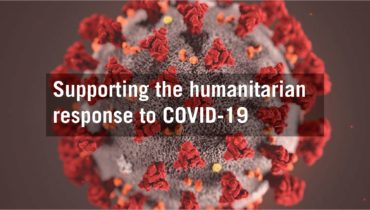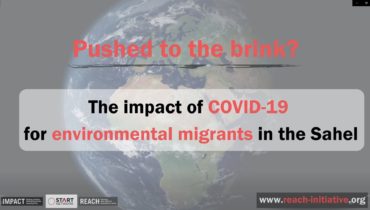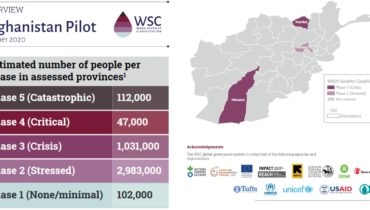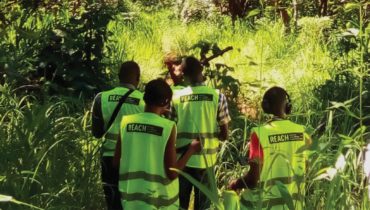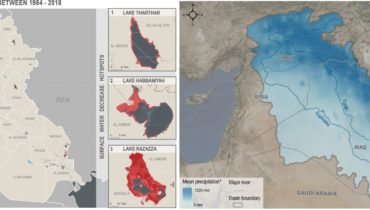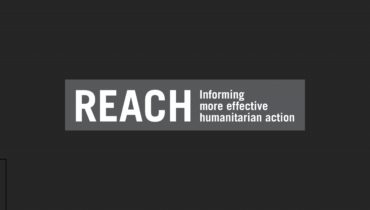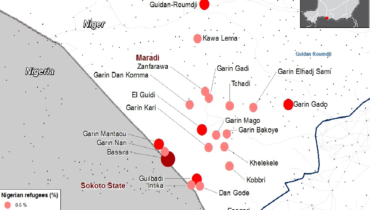Nigeria: The challenge of ensuring equal access to water in Borno State
5 January 2018

Women gathering at a water pump in Maiduguri, Nigeria ©IMPACT/2017
Since May 2013, the Boko Haram insurgency triggered the displacement of over 2 million people, out of which 1.4 million are in Borno state. Highly dynamic and difficult-to-access, northern Nigeria remains a crisis with limited amount of evidence available to humanitarian partners for aid planning and delivery.
To inform the WASH response in Borno state, REACH, in partnership with the Nigeria WASH sector and the Global WASH Cluster conducted a WASH assessment in September/October 2017, targeting IDPs, returnees and non-displaced. The assessment used mixed-methods data collection driven by a household-level tool and Focus Group Discussions, with a total of 2,748 households surveyed across eight Local Government Areas (LGA) capitals in Borno state. Overall, findings highlight significant differences across population groups (IDPs, returnees and host communities) and across LGAs for most WASH indicators, with a particular vulnerability of Mobbar area in Borno State.
In terms of access to water, IDPs reported a better access to improved water sources but less access to an adequate water quantity when compared to returnees and non-displaced. Low water consumption (less than 15 litres per person per day) was attributed by all population groups to not having enough containers to store or carry water.
Findings also underline concerning hygiene needs. Due to limited water availability, half of all population groups are reducing water for hygiene practices (such as bathing less) as the main coping mechanism. Other key concerns relate to the use of soap, particularly for IDPs – with half of IDP households not owning soap, and waste management, as a lack of adequate solid waste management infrastructure was common to all population groups, with respondents reporting leaving garbage uncollected in public areas.
Based on these alarming findings of the WASH situation in Borno State, REACH and the WASH Cluster highlight the need to increase access to improved water sources and prioritize resource-based carriers and soap in upcoming distributions. In parallel, WASH partners should increase the frequency of hygiene promotion trainings, key to improve the WASH situation in Borno State and mitigate health hazards.
Access REACH WASH assessment in Borno State, in full at this link.




